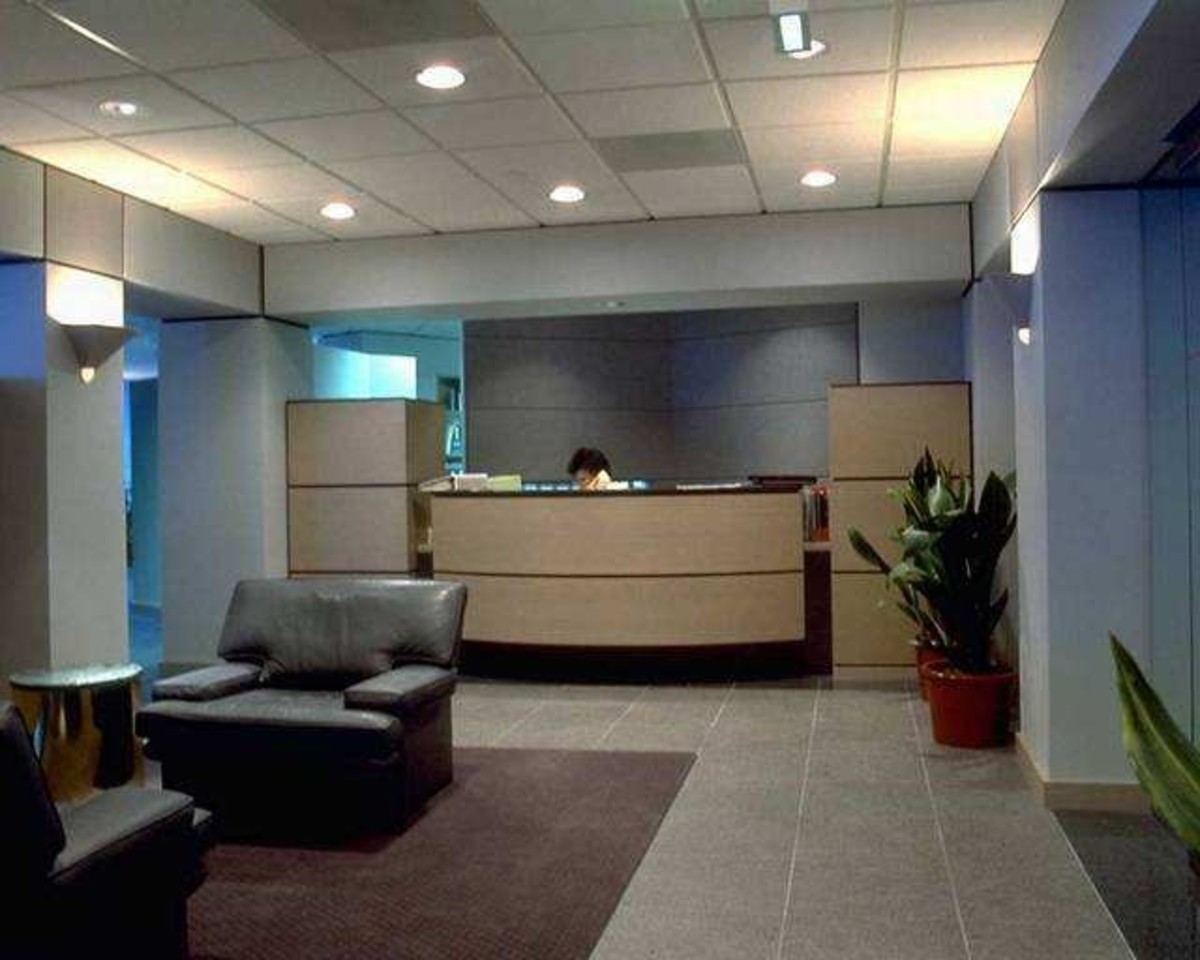- HubPages»
- Business and Employment»
- Marketing & Sales»
- Sales & Selling
Sales Tips for Dealing with Customers Who "Graduate"

Was chatting with a long-time networking friend about the future of her business. One of the issues she was facing is the situation where customers "graduate." These customers have gotten benefits from doing business with her and are ready to move on to bigger and different adventures. What's interesting is that this conversation produced flashes of dé jà vu for me. Had almost identical conversations with a few other friends. And I have faced this situation myself.
Essentially, these customers are "graduating" from doing business with a business. They no longer need what is offered. Or maybe they need something similar, but a more intense, expanded or different version of it. Either way, this can be very troubling, especially for small business owners, since it usually means that these customers are leaving... along with their sales revenues.
Even more unsettling is that sometimes customers don't want to graduate either! They like dealing with the company or salesperson and want that trusted relationship to continue forever, too.
Unfortunately, this scenario is inevitable. The dream of lifelong customers, vendors and products is a myth. Knowing what to do to help customers (and the business!) graduate is a challenge. But it can be done in ways that make graduation the celebration and developmental experience it needs to be.
Why and When Customers Graduate
What are the trigger events that signal when a customer is ready to graduate either to a higher level of purchasing or away from a business?
- Projects and Requests Become More Frequent, Larger or Complex. Getting a request from a longstanding customer for a huge score type deal or project, or receiving a bunch of orders in rapid fire from the same customer, can be very gratifying. It usually signals a high level of trust and confidence in the company to fill these needs. But fulfilling these requests can often stretch the capabilities and limits of the company, especially if it's a small or micro business.This can lead to attempts to sell the impossible or even turn customer service into servitude.
- Complaints Increase. Receiving negative feedback and complaints from regular, usually happy, customers are always cause for concern. If the reasons cannot be traced to a specific breakdown in operations, investigate if the complaints deal with unmet expectations. Customers may be expecting what cannot be delivered by the business. Example: If a company's normal turnaround time for an order is five days and customers are now expecting it in two, customers' needs and demands could be changing.
- Contacts Change. When a customer is growing, merging or getting acquired, they may have a seemingly continuous shuffling of personnel. The comfortable contacts that a salesperson may have relied upon in the past can move to new positions or even leave the company entirely. Even if the same contacts stay employed there, they may have a whole new set of demands in the new, expanding regime. In either case, the normal buys from this customer can increase dramatically, be totally obliterated or get handled in a completely different way than in the past.
- Sales Exodus. In longstanding relationships with customers, salespeople and business owners have a pretty good idea of buying patterns. If the buying pace drops significantly, especially for specific product or service lines, salespeople need to determine if the exodus can be attributed to expanding or different requirements. Sometimes this may be due to the fact that what is being sold is coming to the end of its product life cycle, meaning a "graduation" for both the customer and the selling company.
Moving Upward, Outward and Forward
Though growth is usually good, it does mean saying goodbye to the past. This can be unsettling for both customers and those who sell to them. But it needs to be seen as a natural and inevitable part of being in business.
Some tips for making graduation a good thing for everyone in the sales loop:
- Don't Take It Personally. Ironically, salespeople can feel defeated when customers graduate and no longer need them. Don't take what's happening personally. Take it as a signal to prepare for change.
- Don't Reinvent for Each Customer. Fearing the loss of a book of business, business owners and salespeople can slip into the mode of reinventing their offerings every time they receive expanded, off-the-menu customer demands. This can be counterproductive and unprofitable. Doing a profit and loss analysis can assist in determining the feasibility of serving these changing needs.
- Explore Tiered Offerings. If customers' expanding demands could reasonably be met without overtaxing the company's resources, explore if offering tiered levels of products and services could help retain customers for longer. This would probably not be done for an individual customer with changing needs, but could be considered for scenarios in which several customers or an entire market segment is graduating to greater and expanded expectations. A thorough profit and loss, sales forecast and feasibility study—which may entail enlisting the help of outside consultants—is essential for evaluating the possibilities.
- Be Honest with an Eye Towards the Future. If a customer's growing demands cannot be met, say so! Struggling to do the impossible can lead to unhappy customers who leave anyway due to negative experiences. Leave on good terms. Remember that happy former customers can be sources for referrals and, who knows, they may have other needs in the future that could be a good fit.
This article is accurate and true to the best of the author’s knowledge. Content is for informational or entertainment purposes only and does not substitute for personal counsel or professional advice in business, financial, legal, or technical matters.
© 2014 Heidi Thorne








